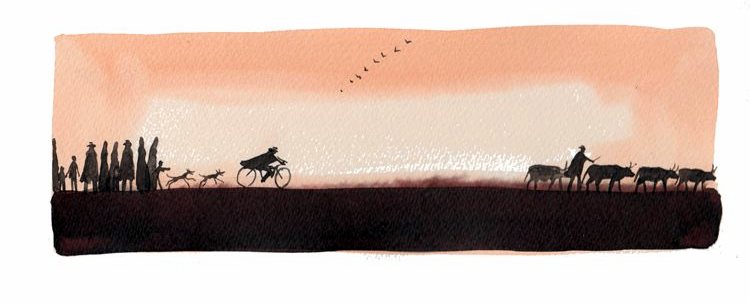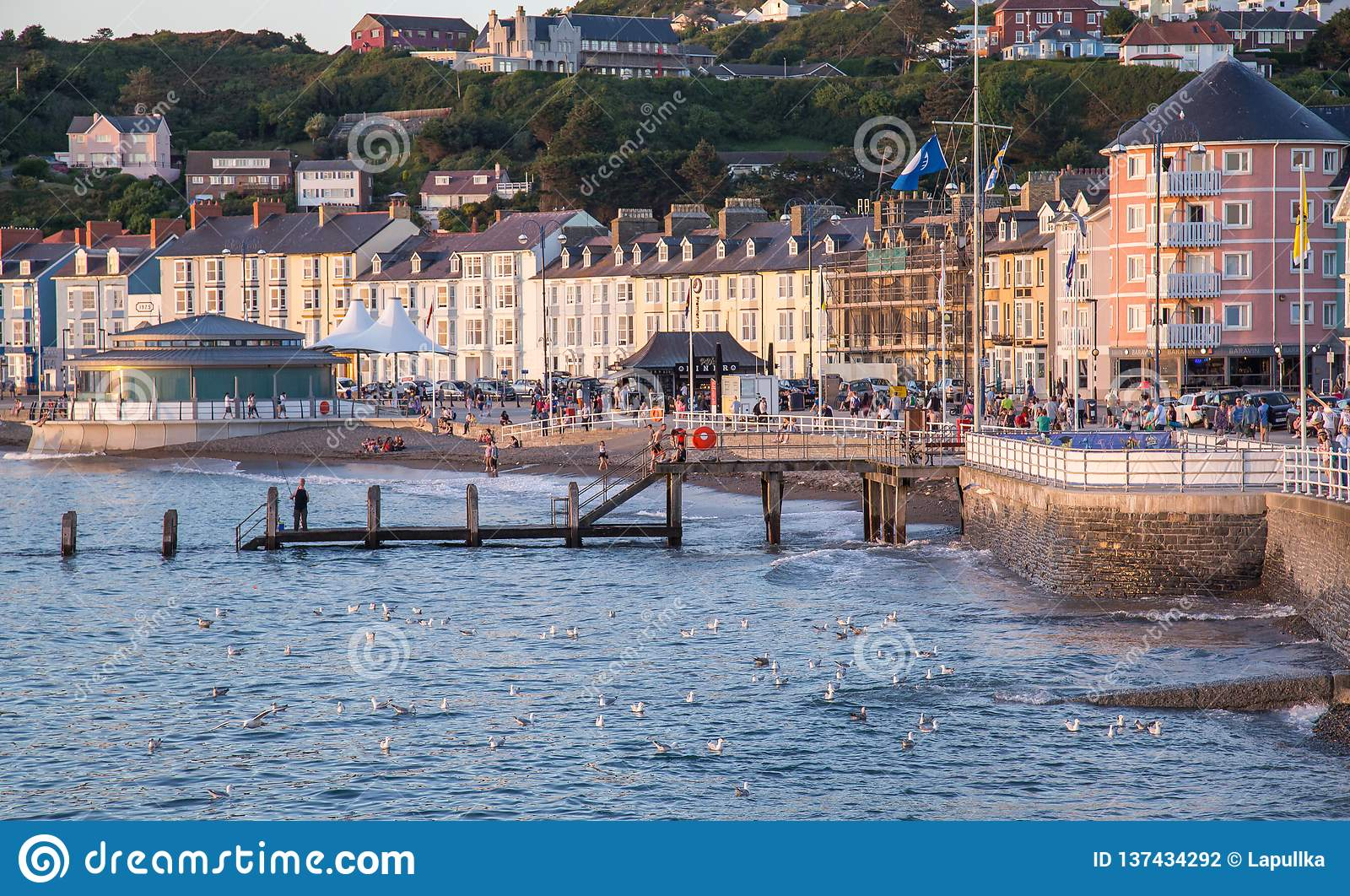
That summer Bob Dylan released Blonde on Blonde, the first
Rock double album, blending blues, country, rock and folk into a unique dense
sound. Hendrix released Are You
Experienced and The Velvet Underground released an eponymous album and although
they only sold 10,000 copies, it was said that everyone who bought it formed a
band.
Meanwhile, in London, The Beatles released ‘Sgt. Pepper's
Lonely Hearts Club Band’. It came out on
the first of June and remained at Number One in the charts, for the rest of the
year. Probably one of the greatest
albums ever, it is seen by many as a cultural turning point.
The world was changing, culture and attitudes were changing,
and music was at the core.
In Aberystwyth, South Wales, Maldwyn Pate decided to give music one more go. The previous summer he had formed a band with some fellow students but their first public performance in Aberafan saw them booed off stage. They were known as the Branches and their musical adventure was short-lived. In 1967 Pate found a new friend in Dafydd Evans and they formed a band called the Hairs, or Y Blew in Welsh.
1960s music in the Welsh language was still largely
influenced by male voice choirs, chapel and traditional singing. Pate and Evans set out to change all that and
to create the first Welsh speaking pop group. They were both native speakers
but their motive wasn’t political or educational. They simply wanted to sing in
their own language and they thought there was a market for it.
There was a mixed response from those who felt Welsh children
wanted to listen to pop music so they might as well do it in Welsh versus the
musical purists who felt electronic instruments and amplification had no place
in Welsh music. Pate and Evans and their
new band cared for neither view and just wanted to play music.
Pate was the wordsmith and he penned a few of his own songs
but the majority of their set was translations of popular hits. The band would
start by shouting ‘Mae eisiau i bobol sgrechian mewn Cymraeg sâl - We
need to get people to scream in bad Welsh’, before going straight into a Welsh
cover of ‘Sgt. Pepper's Lonely Hearts Club Band’. They played ‘os ydych chi'n
mynd i San Francisco’, some songs by Cream and some by Jimi Hendrix and
timeless classics of their own like “Come with me to see the fairies and hear
the town clock strike thirteen”.
Y Blew met with spectacular local success that summer and
completed three tours of South Wales.
There were accusations of a lack of ambition and a fear of crossing the
A470, to hotspots like Barmouth and Wrexham.
But Pate and Evans said they were earning their stripes.
Later that summer, on the 8th of August, Y Blew played their first serious gig at the National Eisteddfod which was held that year in Bala. The Eisteddfod was a big cultural gathering celebrating Welsh literature, music and performance. Dafydd Evans had tried for months to arrange a gig but had failed, then almost at the last minute they were offered a slot at a session that would be held at the Literature Tent. It was uncertain how Y Blew would be received but to many peoples surprise it was met with some praise as well as criticism.
On Saturday 30th September, they went into the BBC studios in
Swansea to record a single. Most of Y Blew’s repertoire were translations of
current chart records, but ‘Maes B’, the A side of the single, was an original
Welsh composition by Dave Williams and Maldwyn Pate that they had composed only
the day before the recording.
This is how Dafydd describes the recording session at
Swansea:
‘We went
through the new song once. It was so new that we had to read the chords from
scraps of paper in front of us. To a great extent, then, the song was an
improvisation on the part of everyone. We then went through the song once more
and that was the recording.’
‘The second
side was quickly recorded as we had a dance in Aber’ and we had to be back by
eight o’clock.’
The record was released in early November and sold shockingly
few copies. Their one air play on the
BBC was described by the DJ as ‘A bit of a gimmick record’.
In his 1968 diary for 1st January Dafydd wrote, ‘It’s obvious
by the way, that Y Blew are now over. We’ve decided to sell all the equipment.
The van is on the road outside. There’s a ticket on it as the tax has expired.
I wonder how much the fine will be…’
The Summer of Love was over for Y Blew, their moment gone,
the village clock had struck thirteen.



No comments:
Post a Comment